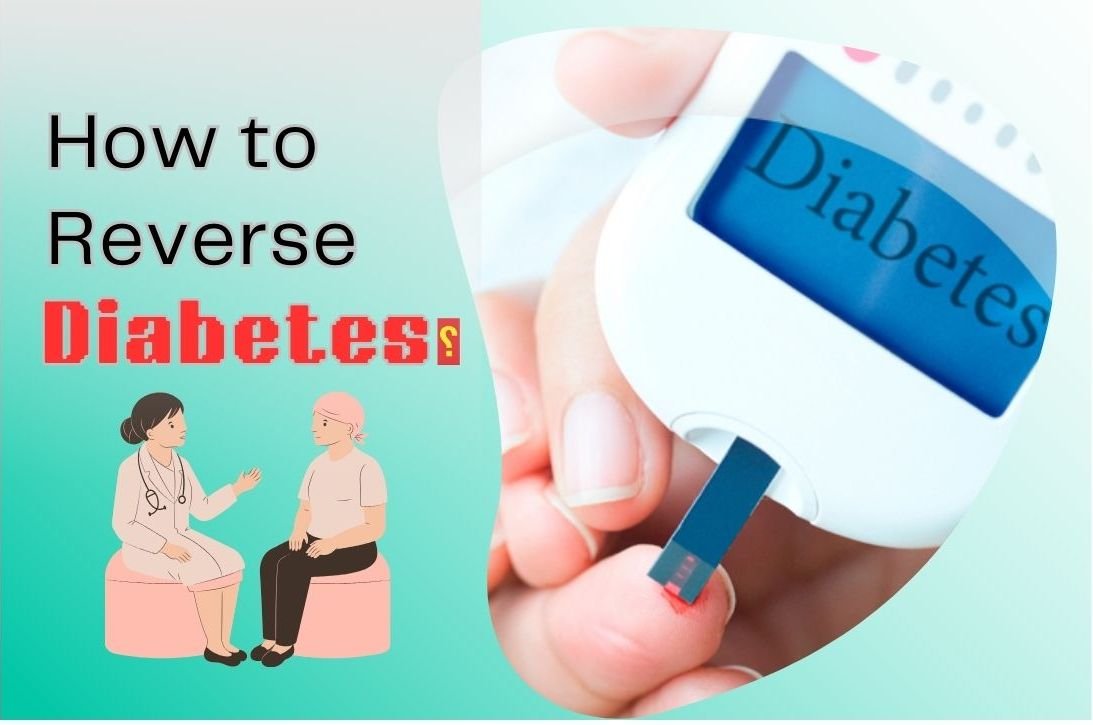Reversing Diabetes: Practical Steps Towards a Healthier Life
Diabetes is a chronic condition that affects millions worldwide, but the good news is that many people are finding ways to manage or even reverse their diabetes through lifestyle changes. Whether you’re newly diagnosed or have been living with diabetes for years, understanding the methods available to improve your health can be transformative. In this article, we will explore various ways to potentially reverse diabetes, including dietary changes, exercise regimes, and mindful practices.
Understanding Diabetes: A Brief Overview
Before diving into the methods of reversing diabetes, it’s essential to understand what diabetes is. Diabetes primarily affects how your body uses glucose, the main type of sugar found in your blood. There are two main types of diabetes:
- Type 1 Diabetes: An autoimmune condition where the body does not produce insulin.
- Type 2 Diabetes: More common and often linked to lifestyle factors, the body’s cells become resistant to insulin.
Both types lead to elevated blood sugar levels, which can result in serious health complications if not managed properly.
Dietary Changes to Support Diabetes Reversal
The Power of Nutrition
Nutrition plays a vital role in managing and possibly reversing diabetes. Here are some dietary strategies backed by research:
- Adopt a Low-Carbohydrate Diet: Reducing carbohydrate intake can help lower blood sugar levels. Focus on:
- Non-starchy vegetables (spinach, broccoli)
- Healthy fats (avocado, nuts)
- Lean proteins (chicken, fish)
- Increase Fiber Intake: Fiber slows down the absorption of sugar, helping to stabilize blood sugar levels. Foods rich in fiber include:
- Whole grains (quinoa, brown rice)
- Legumes (beans, lentils)
- Fruits (berries, apples)
Meal Timing and Portion Control
Timing and portion control can also significantly impact blood sugar management:
- Eat Smaller, More Frequent Meals: This can help prevent spikes in blood sugar levels.
- Mindful Eating: Paying full attention to what you’re eating can help you make healthier choices and recognize hunger cues.
Also Read- Dark Chocolate Good For Diabetes
Exercise: A Key Component
The Benefits of Physical Activity
Physical activity is crucial for managing diabetes and can be a powerful tool for reversing the condition. Regular exercise helps to improve insulin sensitivity and lower blood sugar levels. Here are some effective types of exercise:
- Aerobic Exercise: Walking, cycling, or swimming can improve cardiovascular health and aid in weight loss.
- Strength Training: Lifting weights or doing body-weight exercises helps build muscle, which burns more calories and can enhance insulin sensitivity.
Building a Routine
Creating a sustainable exercise routine is vital. Aim for at least 150 minutes of moderate-intensity exercise each week. Remember, it’s important to choose activities that you enjoy to maintain consistency.
The Role of Mindfulness and Stress Management
Understanding the Connection
Diabetes management isn’t just about diet and exercise; mental health plays a significant role, too. High stress levels can lead to increased blood sugar levels. Here’s how to incorporate mindfulness into your daily life:
- Meditation and Deep Breathing: Regular meditation can reduce stress and improve emotional health.
- Yoga: This practice not only promotes physical fitness but also encourages relaxation and stress management.
Medical Guidance and Monitoring
Regular Check-ups
It’s essential to work closely with healthcare professionals to monitor your diabetes. Regular check-ups can help:
- Adjust medications if necessary.
- Track your progress.
- Identify any complications early on.
Exploring Medications
For some, medications may still be necessary. Discuss with a healthcare provider the potential for medication adjustments as you make lifestyle changes.
“Combining a healthy diet with regular exercise can lead to remarkable improvements in managing diabetes.” – Health Expert.
Conclusion: Take a Step Towards Healthier Living
Reversing diabetes is possible for many individuals through a combination of mindful eating, physical activity, and stress management. While these changes may take time and effort, the rewards can be significant: better health, improved energy levels, and a higher quality of life.
Don’t hesitate to reach out to healthcare professionals for guidance tailored to your situation. Start today by taking small steps; every change counts!











Leave a Reply